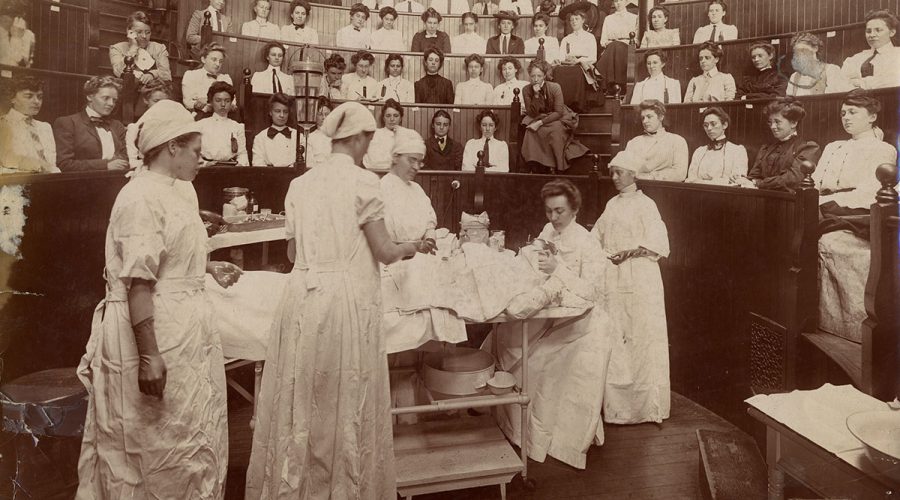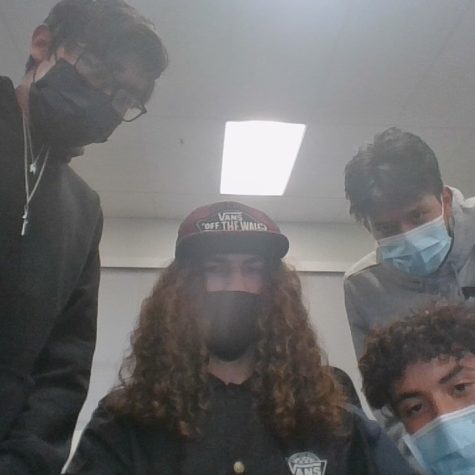Female Pioneers in Healthcare
March 25, 2022
Female pioneers in healthcare and modern medicine are often overlooked and forgotten about today. Although some are discounted, their achievements are important nonetheless. Some of these medical achievements paved the way for modern technology and studies. Although men still outnumber women in the medical field, women are outnumbering men 50.5% to 49.4% in medical school for the first time, which would’ve been unheard of in the 19th century.
Dr. Mary Walker is the only female Medal of Honor recipient in U.S. History from her medical actions during the Civil War. Although she wasn’t a part of the military, she still offered help to wounded Northern soldiers in different field hospitals in Virginia and Tennessee. Mary Walker was taken prisoner by Confederate soldiers for about four months, and stayed strong with many sources noting that Walker spied for the Union during her internment in the Confederate states. Walker was one of the eight civilian Medal of Honor recipients, which was a controversial decision by President Andrew Johnson in November 1865.
Elizabeth Blackwell, MD, was the first woman in the United States to earn a medical degree. This achievement—that’s viewed as a common one today—shattered many stereotypes against women in the United States and paved the way for thousands to earn their medical degrees as well. Blackwell graduated first in her class at Geneva Medical College in 1849, and went on to lead a successful life. In 1857, Blackwell would open the New York Infirmary for Women and Children in order to hire more women in healthcare, as most hospitals would discriminate against them.
Antonia Novello, MD, was the first woman and the first Hispanic to become the Surgeon General of the United States from 1990 to 1993. Before becoming the Surgeon General of the United States, Novello worked her way up the ladder of the U.S. Public Health Service Commissioned Corps for multiple years, joining in 1979. Novello would accomplish multiple things during her years at the Public Health Service, such as her initiative to end tobacco advertisements that targeted children.
The multiple accomplishments that these individuals serve as an inspiration for women around the world. These women broke stereotypes when discrimination was at it’s highest. These women are also responsible for normalizing the healthcare system we see today. The healthcare industry is still male-dominated to this day, with 64% of doctors being male, and just 36% being female.




